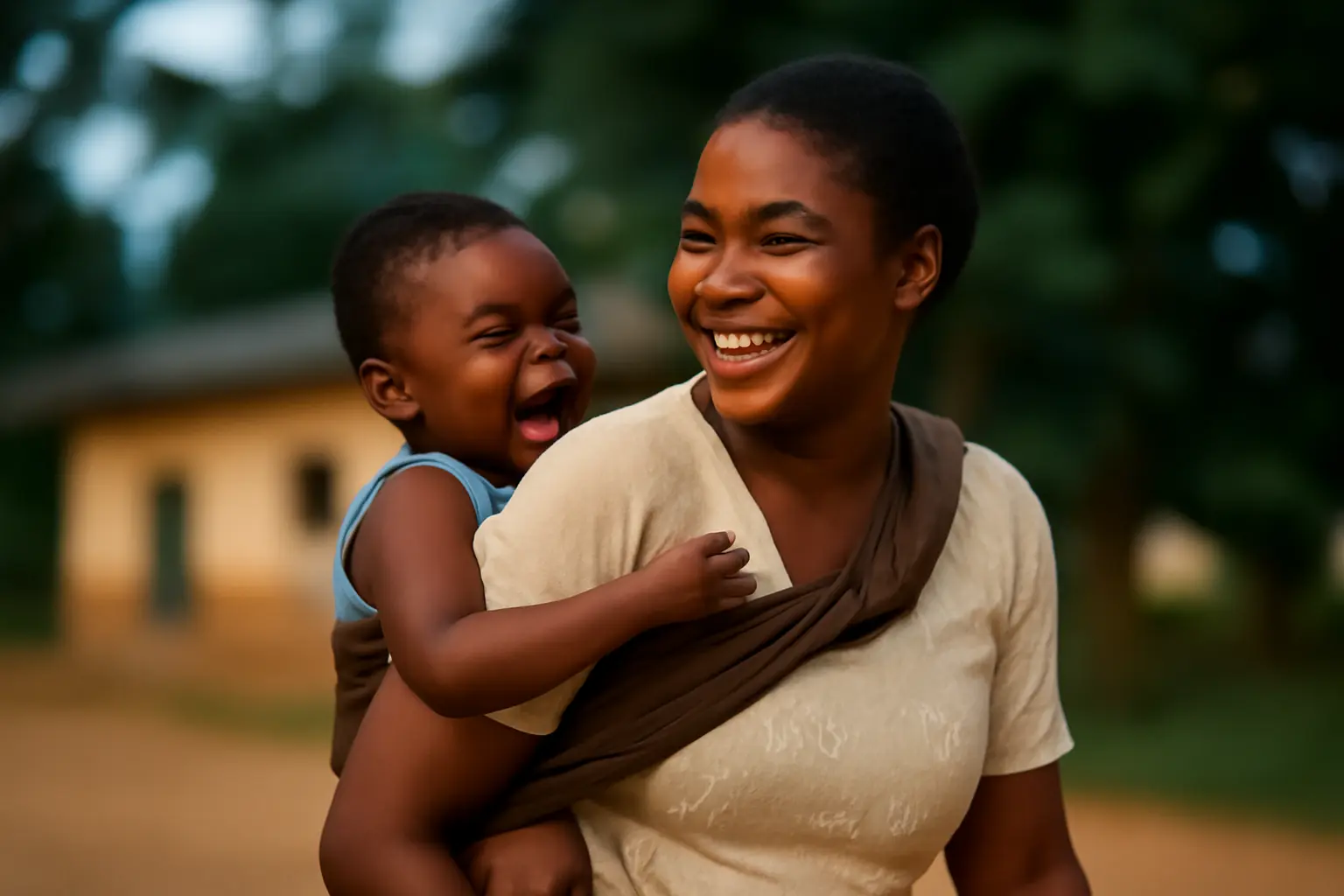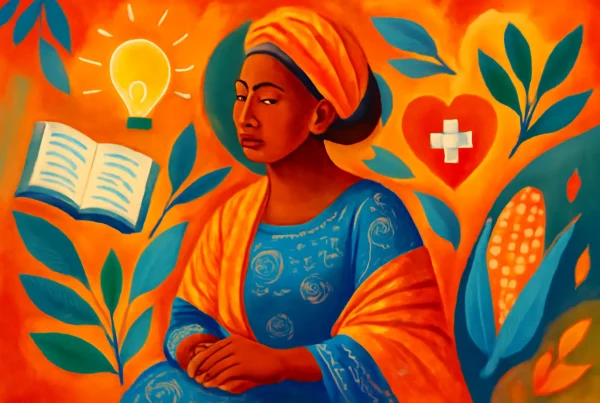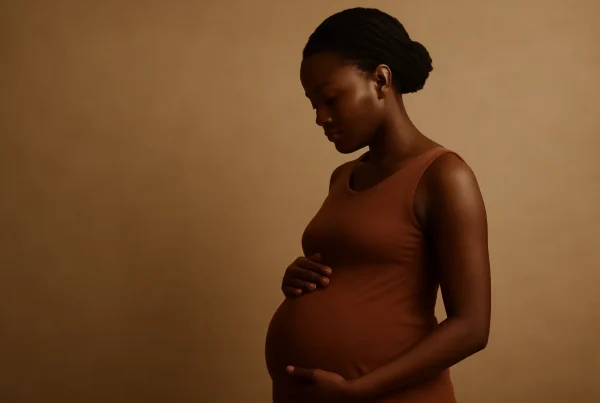In many parts of Africa, the healthcare system faces a significant challenge—bridging the gap between urban and rural areas. While urban centers may have access to advanced medical facilities, women in rural and remote areas often struggle to receive even the most basic maternal healthcare. This disparity in healthcare access is a leading cause of maternal mortality in the region. At Zoe Foundation, we are committed to addressing this gap and ensuring that every woman, no matter where she lives, has access to the healthcare services she needs to bring a healthy child into the world.
The Healthcare Divide in Africa
Access to maternal healthcare in Africa is not equal. In urban centers, women generally have access to well-equipped hospitals, trained healthcare professionals, and modern medical practices. However, in rural and remote areas, the story is different. Many women in these regions must travel long distances to reach the nearest hospital or clinic, often without any guarantee of the kind of care they need. This distance, coupled with inadequate infrastructure, makes it difficult for women to receive prenatal care, skilled delivery assistance, or postnatal checkups.
According to the World Health Organization (WHO), sub-Saharan Africa has the highest maternal mortality rate in the world, with many deaths occurring due to complications during childbirth that could have been prevented with access to timely care. The lack of healthcare facilities, combined with the absence of skilled healthcare workers in rural areas, creates a deadly combination for expectant mothers.
Zoe Foundation’s Approach to Bridging the Gap
At Zoe Foundation, we believe that no woman should have to travel miles to access basic maternal healthcare. Our work focuses on bringing care directly to those who need it most. Through a combination of mobile health units, community health worker training, and partnerships with local clinics, we are ensuring that women in remote areas have the care they need when they need it.
- Mobile Health Units: Bringing Care to the Doorstep
Mobile health units are a vital part of our strategy to bridge the healthcare gap. These units are equipped with essential medical tools and staffed by trained healthcare professionals who can provide prenatal care, deliver babies, and offer postnatal support. By bringing these services directly to the women in need, we can significantly reduce maternal mortality in underserved areas. These mobile clinics travel to villages, offering healthcare services that would otherwise be out of reach for many women. - Training and Empowering Community Health Workers
In addition to mobile health units, Zoe Foundation is committed to training community health workers (CHWs) who are often the first point of contact for women seeking healthcare. These workers are trained to provide basic maternal health services, such as monitoring blood pressure, providing nutritional counseling, and offering essential guidance on pregnancy and childbirth. By empowering CHWs, we are creating a sustainable, community-based healthcare solution that can make a real difference in the lives of women and their families. - Partnerships with Local Clinics and Hospitals
While mobile health units and community health workers are essential, they can only do so much. That’s why Zoe Foundation partners with local clinics and hospitals to improve the infrastructure and capacity of these facilities. By providing financial support, medical equipment, and training for healthcare professionals, we are helping to ensure that local clinics have the resources to provide safe and effective maternal care. These partnerships also allow for better coordination of care, ensuring that women receive timely treatment and support throughout their pregnancy. - Addressing Transportation Challenges
Transportation is one of the biggest barriers to accessing healthcare in rural areas. Many women face the challenge of not having reliable transportation to get to the nearest hospital or clinic when labor begins. In response to this, Zoe Foundation is working on solutions to improve access to transportation for pregnant women in remote areas. Whether it’s through providing bicycles or creating transportation programs that can take women to medical facilities, we are making sure that no woman is left behind due to transportation issues.
The Ripple Effect of Access to Care
When women have access to proper healthcare, they are more likely to survive childbirth, and their babies are more likely to thrive. But the benefits don’t stop there. By reducing maternal mortality, we are also contributing to the overall health and prosperity of the community. Healthy mothers are better able to care for their children, contribute to their communities, and improve the economic outlook of their families. Investing in maternal health is, therefore, not just about saving lives—it’s about creating a better future for all.
At Zoe Foundation, we are proud of the progress we’ve made, but we know there’s still much more to do. With continued investment in healthcare infrastructure, mobile health services, and community-based care, we can make sure that no woman is left behind. We invite you to join us in this critical mission and help us bridge the healthcare gap in Africa.
A Future of Equal Access
Access to maternal healthcare should not be a privilege for the few—it should be a right for all women, regardless of where they live. By bridging the healthcare gap, we are taking one step closer to a future where every woman in Africa has the opportunity to give birth safely. Together, we can make this vision a reality.
Join us in making healthcare accessible to all women, and help create a future where no woman dies from preventable complications during childbirth.





